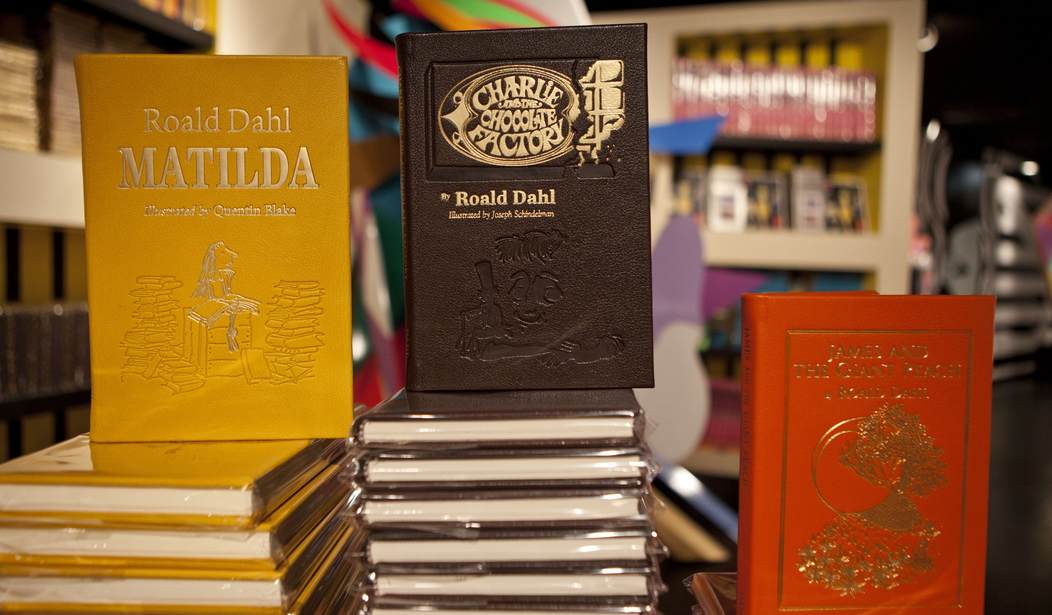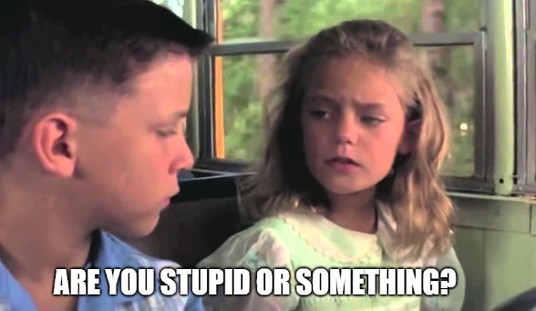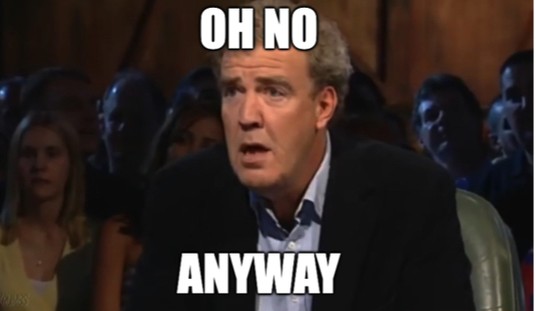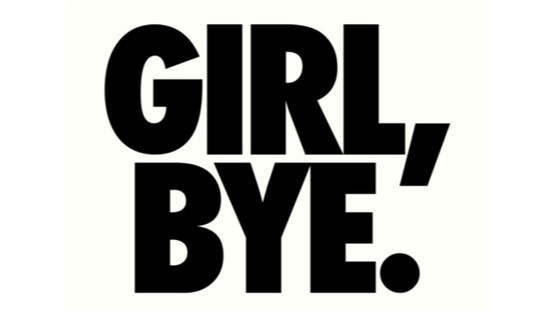Back in December, I told you about Internet Archive and their appeal of a publisher-lead lawsuit. Here's a recap of what I wrote at the time:
The Internet Archive is an invaluable esource, one that seeks to provide 'Universal Access to All Knowledge' through building a digital library of books, websites, and other 'cultural artifacts.' They've been around since 1996, and their Wayback Machine has preserved 26+ years of web history. Additionally, they partner with 1000+ libraries and their archive boasts some impressive numbers: 735 billion web pages, 41 million texts/books, 23 million audio and video recordings, millions of images and hundreds of thousands of software programs.
Despite this, the Internet Archive has been tied up in an ongoing legal battle, and one that threatens its core mission and existence.
On June 1, 2020, the Internet Archive was sued by multiple publishers including Hatchette Book Group, Penguin Random House, HarperCollins, and Wiley. The publishers accused Internet Archive of violating fair use and controlled digital lending (CDL). In March of this year, a judge ruled in favor of the publishers.
This resulted in many books being blocked for users, and since many of these books are not available at public libraries, made them completely inaccessible. One user of Internet Archive said 80% of his list was blocked as a result of this ongoing lawsuit.
The Internet Archive argued that, like libraries who offer digital books, they do engage in controlled lending, only allowing users to 'check out' one digital copy of a book for every book they have purchased, and they vowed to file an appeal.
It was a digital rights case you probably hadn't heard about, and here's another very disappointing update:
The Internet Archive lost its appeal.
Here's more from the Internet Archive blog:
We are disappointed in today’s opinion about the Internet Archive’s digital lending of books that are available electronically elsewhere. We are reviewing the court’s opinion and will continue to defend the rights of libraries to own, lend, and preserve books.
Take Action
Sign the open letter to publishers, asking them to restore access to the 500,000 books removed from our library: https://change.org/LetReadersRead
I encourage you to sign the petition.
Half a million books.
How does it impact people?
It really hampers access for those with limited access to public libraries, and those who simply love knowledge and reading.
The irony is not lost on me, nor on the Archive:
Nope.
Orwell is turning over in his grave.
The Left loves to scream about how the right are banning books in schools. Where are they now that a court -- at the behest of publishers -- have removed half a million books from the Internet Archive?
This is an example of how our laws don't always change and adapt to the evolution of technology. While I am not a lawyer, I fail to see how what the Internet Archive is doing is any different from a brick-and-mortar library: they buy a physical copy of a book, digitize it, warehouse the physical copy of the book, and lend out only as many digital copies as books -- physical, hard copy books -- they actually own. For example, if they have three physical copies of 'To Kill a Mockingbird' in their warehouse, they will only let up to three people borrow a digital copy at a time.
This is how interlibrary loans work, too. Library A has a copy of Book XYZ. A patron at Library B wants Book XYZ, but Library B doesn't have that. Library B will request Book XYZ from Library A. Often, Library A will digitize the book and send that to Library B because it's cheaper and faster than sending the physical copy.
The publishers are essentially arguing that every time a used book gets sold, they should get money. That's not how it works. If I take my books to a resale shop and get money for them, the publisher doesn't get a portion of that sale. Those books could be sold a dozen more times and the publisher won't see a penny.
Yet they sued the Internet Archive, and won, based on this argument.
The Appellate Court said, under the Copyright Act, the Internet Archive does not have fair use to loan digital copies of the books, regardless of the fact they purchased physical copies and act no differently than a physical library. I would argue that a digital copy of a book and a paper copy of a book are the same thing, and that publishers -- who also publish digital and audio books -- admit that it is the same thing.
Additionally, if the publishers are arguing they're losing money on the digitization of books -- especially older books -- what financial damages are they really incurring? Especially if the books are older, mass market fiction books (ones publishers don't often digitize). They cannot be losing that many sales to have legal standing, and how are the sales they're losing from the Internet Archive any different than sales they're losing when someone borrows the same book from a library or purchases a used book, as discussed above? It's very unlikely the market will come up with a solution for this. If it were profitable to keep printing old books, if the demand were there, there would not be out-of-print books.
But, again, I am not a lawyer.
What I do know is the Internet Archive is an invaluable service to the preservation and dissemination of books, knowledge, and learning. To lose a half a million books is a major blow to all of those things.
Given that lower courts have ruled against Internet Archive, it makes appealing this to the Supreme Court more of a challenge. That's not to say SCOTUS wouldn't take it up; if lawyers for the Internet Archive argue both courts misapplied the law, for example, they might. We'll see.
Copyright law in the digital age is a legal question that needs to be addressed. Many of the laws we work with were written decades before digital media was even a dream.
Absent that, Internet Archive can petition Congress and state legislatures to revise copyright law in order to make it possible for them to do the work they'd like to do.

























